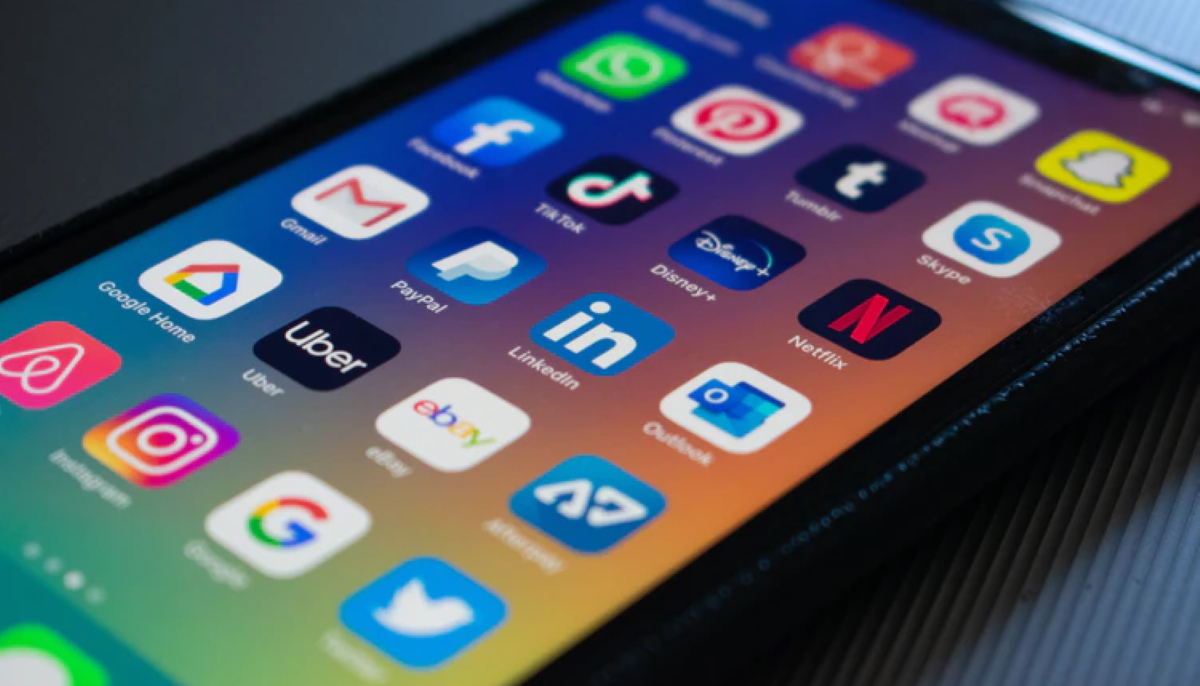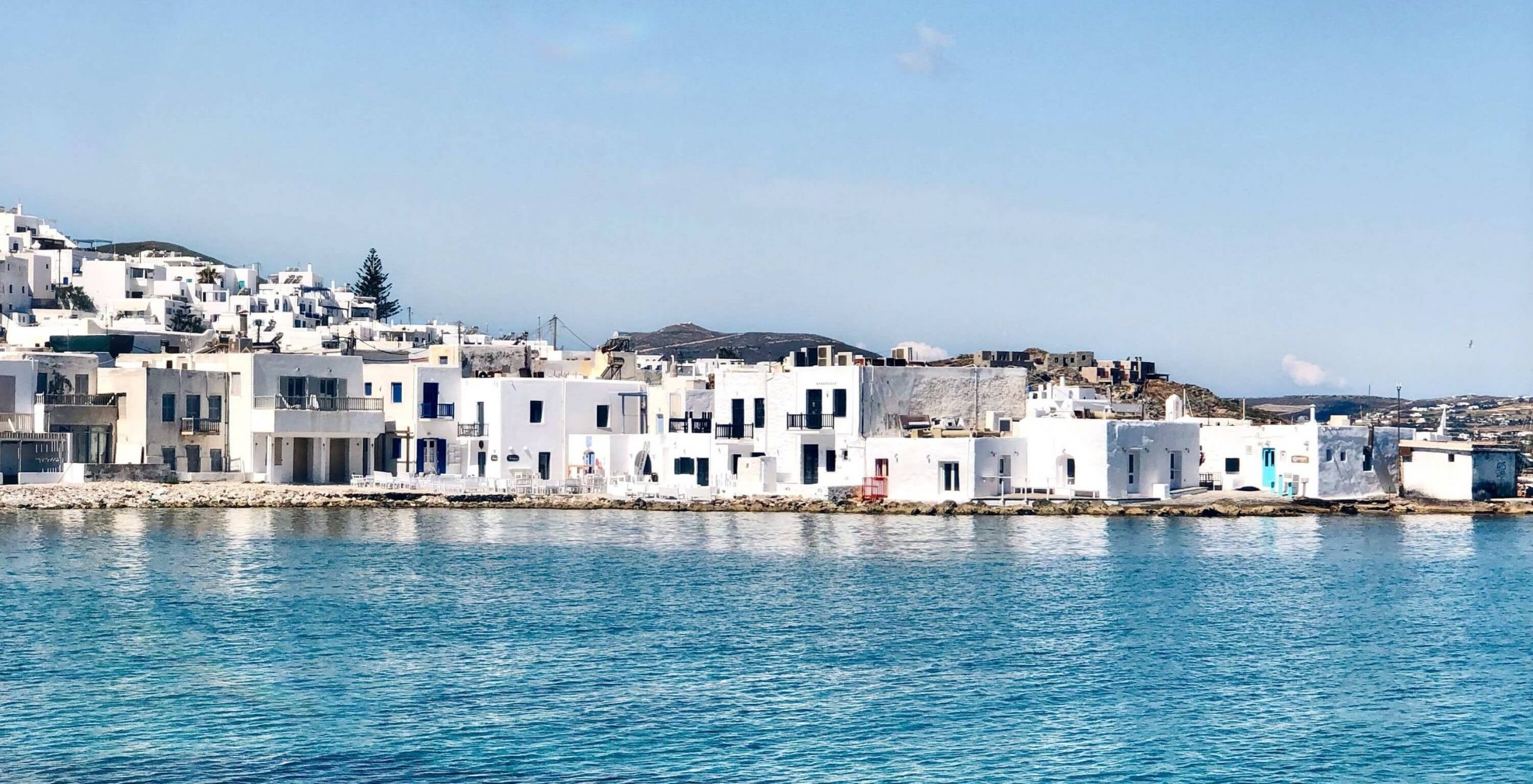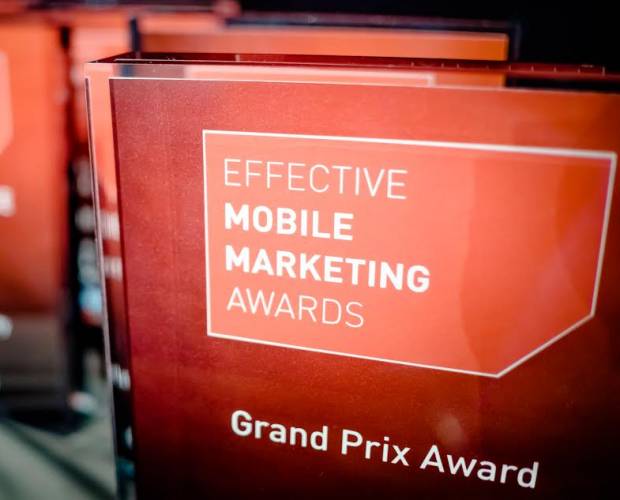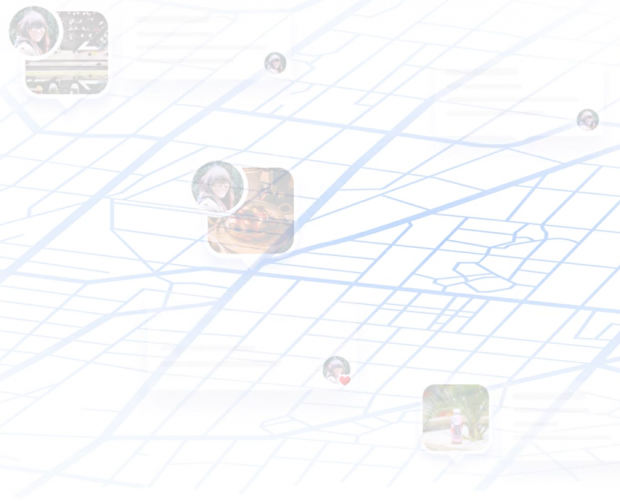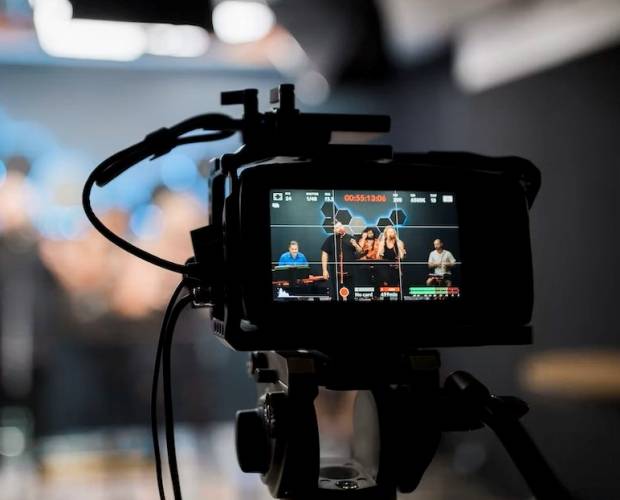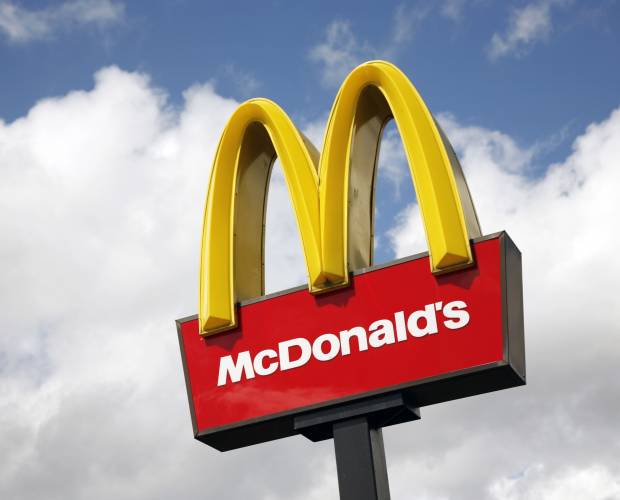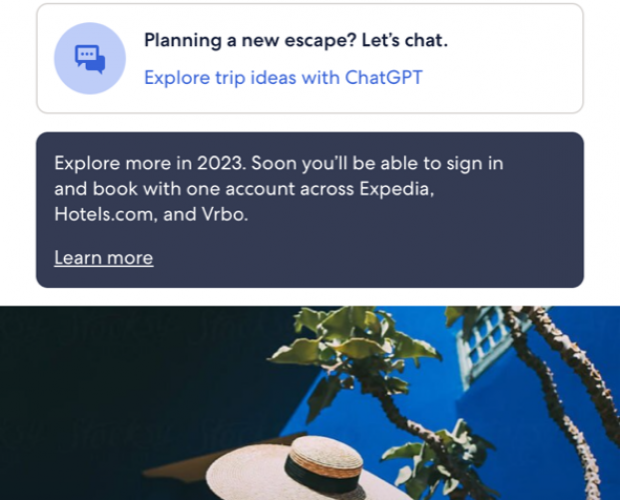Telefonica Unveils Multiple Partnership Deals
- Thursday, July 5th, 2012
- Share this article:

The Facebook agreement relates to physical or digital goods bought via Facebook; the Google, Microsoft and RIM agreements to the companies’ respective mobile app stores. In Germany, where the agreements are already live, an average of 400,000 customers per month are using the facility to pay for goods and services across different platforms.
“Mobile payments are an important part of the business model for mobile web developers, but today the options are too complicated for users,” says Dan Rose, vice president of partnerships at Facebook. “We’re excited to be working with Telefonica to implement a streamlined operator billing solution that simplifies the purchase process for their consumers and expands pricing options for mobile web developers.”
Earlier this year, Telefonica strengthened its mobile payment credentials with an investment in mobile payment specialist, BOKU.
Telefonica Digital has also entered a strategic mCommerce partnership with Visa Europe. The agreement will see the companies cooperate on mobile wallet and NFC services, plus merchant offers. It builds on their existing relationship in the UK and Ireland. In addition to this partnership, Telefonica has also recently announced partnerships with Sybase and Giesecke & Devrient.
Continuing in the same vein, the company has also struck an agreement with Middle East operator, Etisalat. This agreement will see the two companies collaborating in a number of areas, including M2M (machine-to-machine); financial services; cloud computing and video services.
Etisalat recently joined Telefonica in supporting Mozilla’s efforts to develop its Firefox OS, HTML5-based web OS/ecosystem. On that front, Telefonica said today that it would launch the first devices based on this platform in Brazil in early 2013, selling for under $100. The first European models are expected in late 2013. The platform is optimised to offer a better smartphone user experience on low-end devices.
Not content with these moves, the company is also taking its mobile advertising offering into Brazil, where it is making a multi-million euro investment to “kick start the mobile advertising market”. Telefonica’s Vivo brand has 75m customers in Brazil, and they will be invited to opt in for targeted marketing messages, along the same lines as Telefonica’s (O2’s) UK customers, 23m of whom it says are now opted in to the service. O2 Media’s head of planning, Charlie Hunter-Schyff, also confirmed to Mobile Marketing this morning that customers do positively opt in to the program, as opposed to not opting out of it.
In his opening presentation, Telefonica Digital CEO Matthew Kay revealed that O2’s UK mobile advertising business is now generating revenues of £60m, though comments made in the mobile advertising breakout session suggest that some of these revenues come from bulk messaging services sometimes sold as a bundle with the advertising. The example given was Tesco, which uses O2’s platform to send out targeted marketing messages, but also buys bulk messages to use to inform customers that their home delivery is on its way.
Telefonica is also pretty active on the M2M front, and revealed today that it had signed an agreement to extend its partnership with smart meter service provider, G4S Utility Services. The 5-year, multi-million pound contract includes the provision of 1.4m SIMs for use in smart meters. During his presentation, Key also revealed that Telefonica has to date signed M2M contracts worth €437m (£347m) and was chasing another €900m worth.
David Murphy writes:
Telefonica Digital had some impressive announcements and numbers to share this morning, and the fact that they were coming from a business unit of Telefonica whose mission, in its own words, is to “seize the opportunities within the digital world” is significant. That mission statement goes on to reference mobile advertising, M2M and eHealth services, among others.
It’s significant because a lot of people have said for a long time that mobile operators are in the best position of almost any company to have a one-to-one relationship with their customers, given their billing relationship with them, and the fact that they have visibility of the websites they look at on their phone and the apps they download. Those same people also say, however, that they are the worst type of company to be in this position.
Because traditionally, they have not been very good at it. What they have been good at is spending millions of pounds on TV and outdoor ad campaigns to attract new customers, then letting them fall out of a big hole and churn to a competitor because they haven’t paid them enough attention once they had signed up.
The existence of Telefonica Digital is a sign that operators are waking up to the opportunities that mobile devices of all types offer, both to offer customers a better experience and retain their loyalty, and to increase ARPU. Etisalat also has a Digital Services unit, and when I met with Blyk recently, which handles Orange UK’s opt-in mobile advertising service, they told me about a messaging campaign that had specifically targeted motorists who might be in the market for a new car, with the motorists on the database identified by the fact that they had called one of the breakdown services in the past month.
Operators are sitting on lots of intelligence like this. Perhaps, at last, they are starting to wake up to its raw power.





